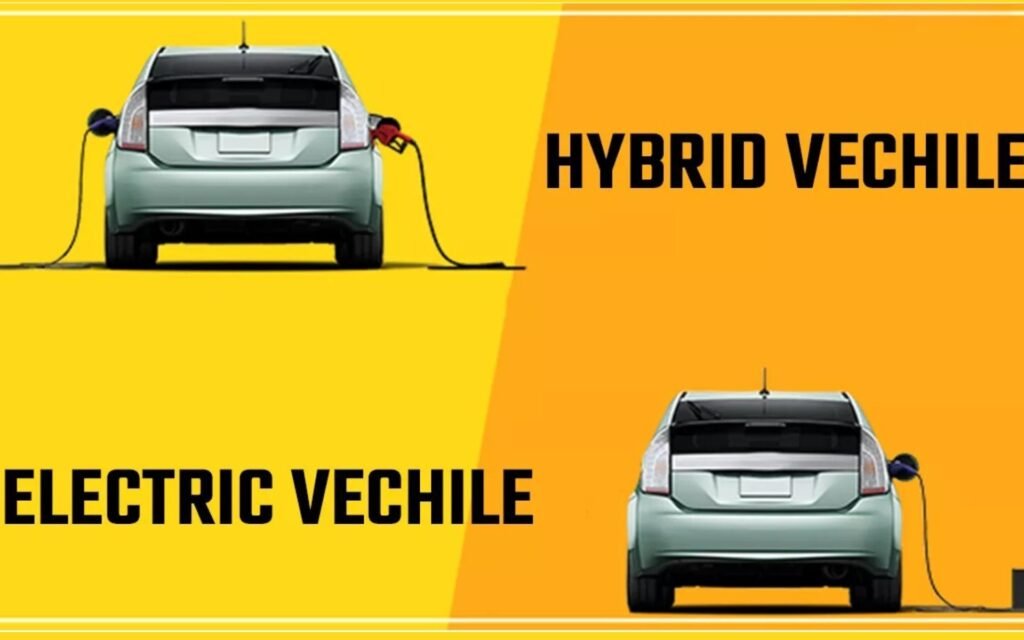Whether you own a hybrid car or are considering purchasing one, it’s important to know the advantages and disadvantages of this “green” car option. Read on to get the inside scoop.
WHAT IS A HYBRID CAR?
Hybrid vehicles (HEVs) are typically equipped with two different propulsion technologies: an electric motor powered by a rechargeable battery pack and an internal combustion engine (ICE) that’s typically gasoline-powered. While the high voltage battery pack provides the energy to the electric motor(s), which propels the vehicle at lower speeds, the combustion engine provides the torque at higher speeds. There are many differences between electric, hybrid, and standard gas vehicles, but the combination of the electric motor(s) and an ICE are the main distinctions.
Plug-in hybrids (PHEVs) and HEVs differ slightly. An HEV typically utilizes a combination of an ICE and a high voltage electric drive system that helps to provide propulsion or propulsion assist. Regenerative braking helps recharge the battery.
A PHEV is a hybrid electric vehicle whose battery pack can also be recharged by plugging a charging cable into an external electric power source. The propulsion strategy in PHEVs uses the larger battery to drive the vehicle in full electric mode until much of the battery charge is spent. When this happens, the propulsion strategy changes to work like an HEV using the remaining battery charge, the ICE, or both.
Hybrid cars are becoming more common as manufacturing prices decline and as they become more affordable for the average driver. Here are some hybrid car cons and pros to consider when deciding whether this vehicle type is right for you.
Some potential pros of driving a hybrid car include:
- Increased fuel efficiency: Because hybrid cars use both an electric motor and a gasoline engine, they can often achieve better gas mileage than traditional gasoline-powered cars.
- Reduced emissions: Hybrid cars emit less pollution than gasoline-powered cars because they rely on the electric motor for propulsion at lower speeds and during braking, reducing the amount of gasoline used.
- Government incentives: Some governments offer tax credits or other incentives to encourage the purchase of hybrid cars.
Some potential cons of driving a hybrid car include:
- Higher upfront cost: Hybrid cars tend to cost more than traditional gasoline-powered cars, although the increased fuel efficiency may help offset this cost over time.
- Limited electric-only range: The electric motor in a hybrid car is not designed to power the car for long distances, so the car will switch to gasoline power after the battery is depleted.
- Limited availability of charging stations: If a hybrid car has a plug-in option, it may be harder to find charging stations in some areas.
- Battery replacement costs: The Battery packs used in hybrid cars can have a limited life span and replacement can be costly.
It’s worth noting that these are general pros and cons and the specifics may vary by make and model of the hybrid car.
